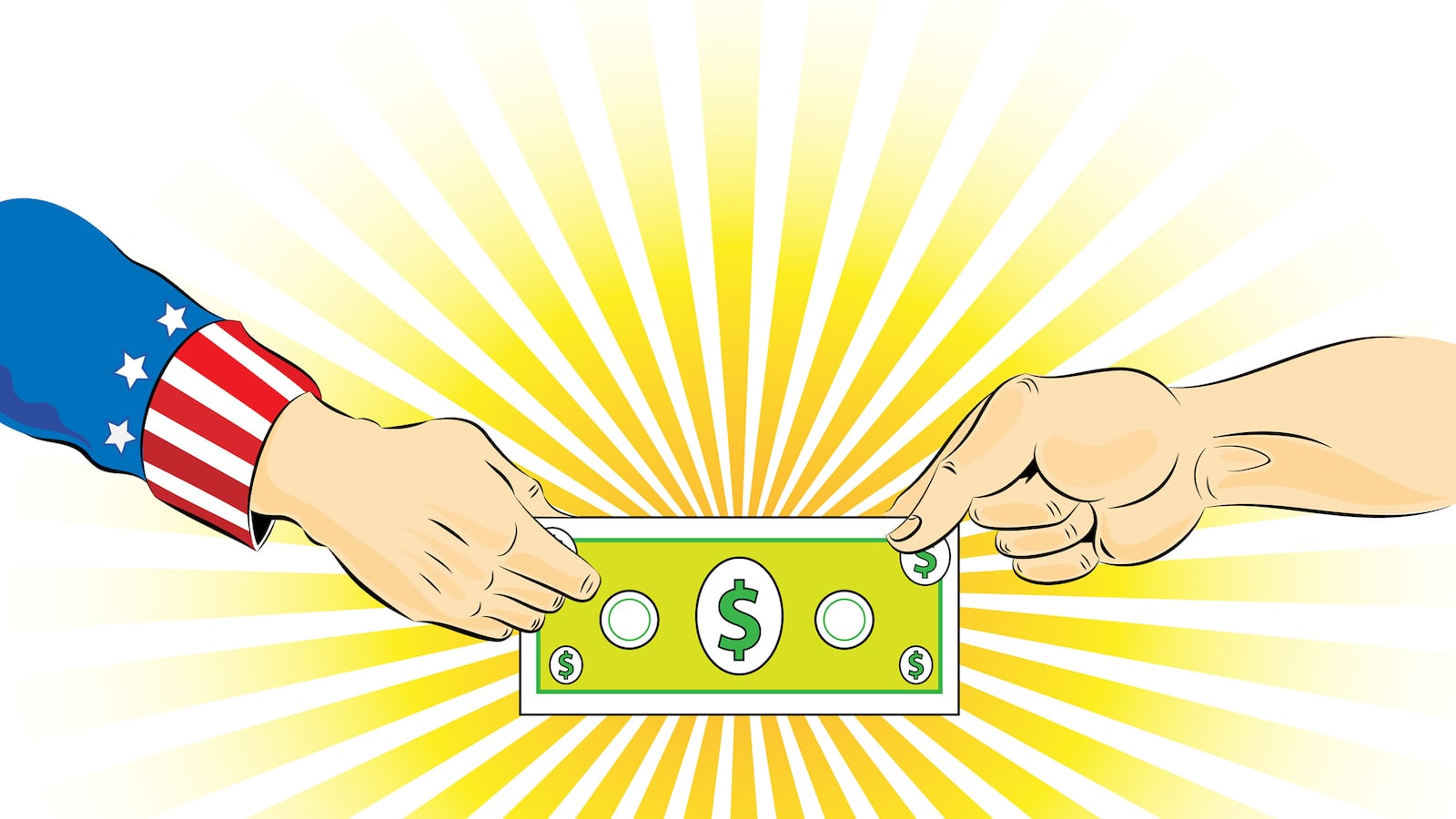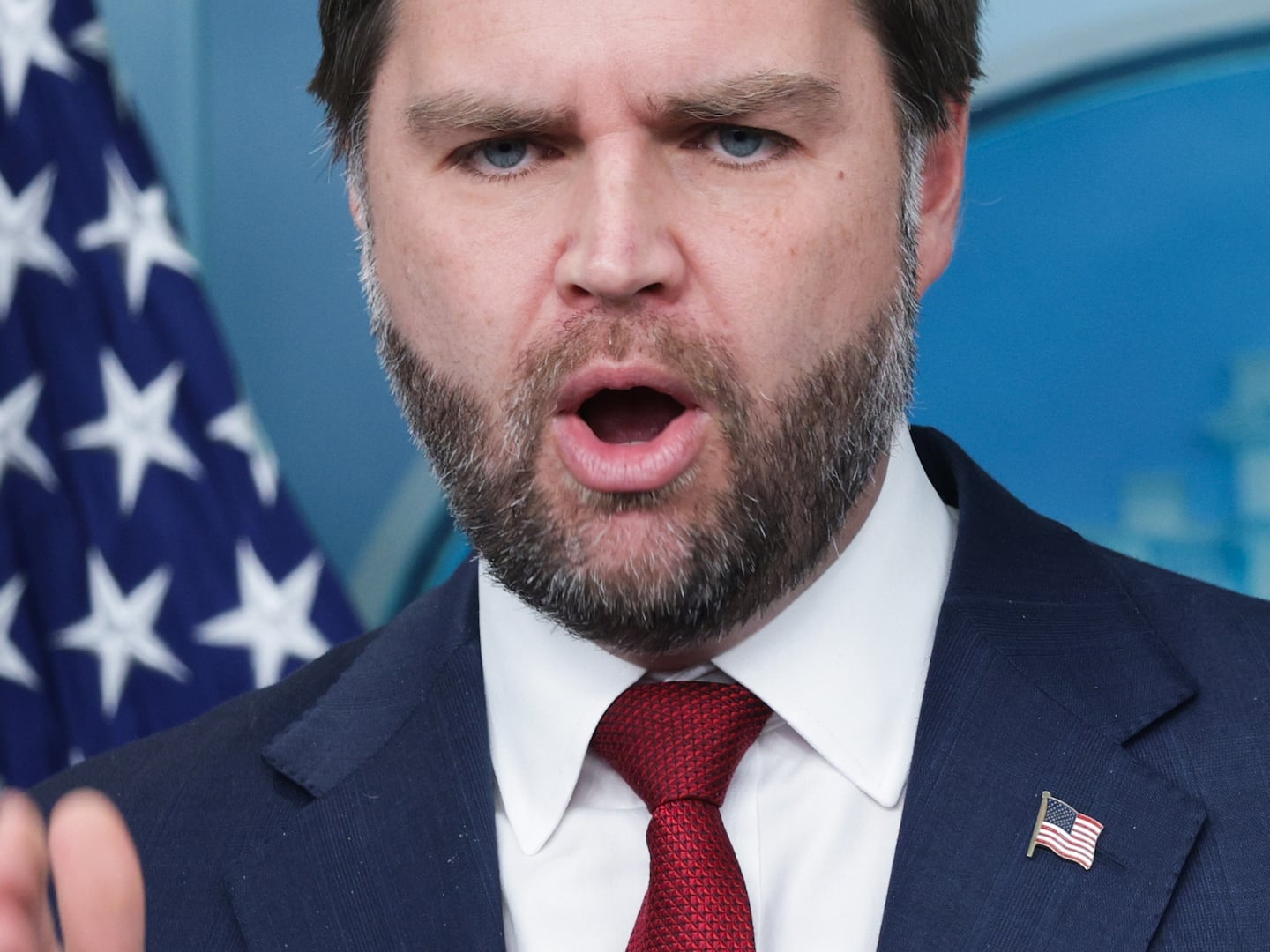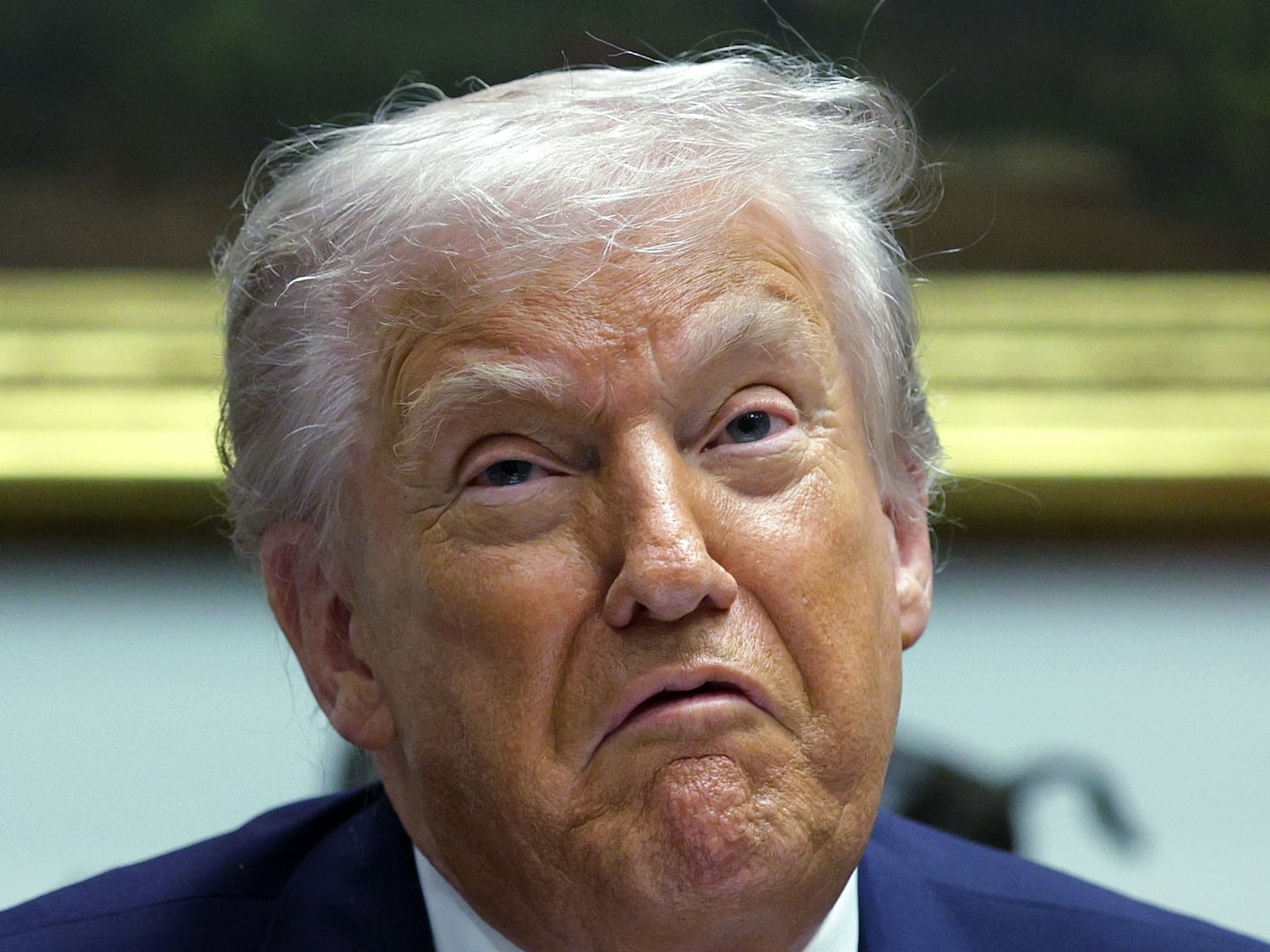Thanks to Donald Trump, everyone’s favorite reality star, we’re seeing 2008 Republican nominee John McCain’s name in the headlines again. And recollection of what happened in that election is timely, and indeed beneficial, for all of us.
2008 holds two important lessons with regard to 2016 that many presidential candidates are missing: General elections are rarely about what campaigns expect them to be about, and—to borrow a turn of phrase from British soldiers—prior planning prevents pretty piss poor performance.
Remember how the 2008 election was supposed to be all about Iraq? The whole way through the primaries, discussion of that war-torn country and our role there dominated the discussion. Then-Senator Clinton got hammered 24-7 for having voted for the Iraq War, and for refusing to apologize. Then-Senator Obama was attractive to many Democratic primary voters first and foremost because of his stance on Iraq.
Meanwhile, in the Republican field, John McCain ran on the idea of a troop surge in Iraq, openly and readily discussing the possibility of a very long-term presence in the country. Mitt Romney garnered at least a few raised eyebrows with his more withdrawal-happy commentary, and his implicit assertion that a private equity genius would better manage U.S. engagement in Iraq than a certified war hero.
Obama and McCain won; Clinton and Romney lost—because, don’t you know, Iraq was what 2008 was all about.
Except that it wasn’t. As it turned out, 2008 was about a financial meltdown. Voters had to choose between a newbie senator who cultivated an appearance throughout the drama of at least being able to walk and chew gum at the same time, and a national security-oriented leader who, while widely respected, failed to inspire confidence when the financial sector went into freefall.
2016 could easily play out the same way, and candidates should remember the example of 2008 as they proceed with crafting their agendas, seeking out briefings from experts in diverse areas of policy, and campaigning across the country.
Right now, national security topics appear white hot. The Iran deal is in sharp focus, with an apparent deep divide between the administration and Congress. Hillary Clinton is kinda-sorta praising the deal, while several of the Republicans are showing off their hawkish bonafides by promising to nix the deal immediately upon assumption of office. (This itself is an interesting counterpoint to then-candidate Obama’s 2008 pledge to personally meet with the Iranian president during his first year in office, with no preconditions). ISIS, of course, remains a major topic in the news as well.
And thanks to Trump, immigration—or at least Trump’s bombastic comments about immigrants—is in the news a bit, too, with several GOP candidates looking to brandish their restrictionist credentials to appeal to the GOP base.
But there’s a good chance that the 2016 general election, and maybe even the respective primaries, will not be about any of these things (and in any event, let me tell you right now that this election will not be about immigration).
Out there, just beyond the horizon, serious economic challenges appear to be looming. And if they don’t come to the fore by November 2016, they will certainly confront whichever candidate prevails in that contest.
Some would argue that economic and fiscal issues have not really reduced in importance, or truly faded into the background. This is certainly true for hard-core economic policy wonks, debt-and-deficit haters, and—yes—a lot of average Americans who continue to feel that no matter what the economic data says, their financial circumstances are not improving, or not improving enough. For these voters, the American Dream itself seems in jeopardy.
And all this could, of course, get a lot worse. As The Economist noted last month, “the global economy still faces all manner of hazards” and “few economies have ever gone as long as a decade without tipping into recession—America’s started growing in 2009.” The best-case scenario is that we have a couple more years before it gets really bad again; the worst-case scenario is that it gets bad sooner, potentially even before we get to November 2016, and that the resources that might typically be deployed to stave off a recession will have been depleted trying to deal with the last one.
This is, ironically, more possible if there is too much, or too rapid, wage growth; that kind of thing often takes a toll on earnings and corporate value. Earnings announced this month beat expectations, but expectations were also so low that it would have been hard not to beat them. So we may have something of an economic mirage going on here. Avoiding driving into a large pothole is not the same thing as flying—something a lot of ordinary American breadwinners would probably tell candidates and policy experts if given the chance.
If earnings are not in great shape—estimates beaten or not—that could, of course, contribute to another looming problem, one that has previously been predicted: a rising federal budget deficit. Currently, it sits at nearly as low a level as it did back in June 2008; however, that is not due to any real spending restraint, just better profits and hence more tax revenue paid.
And lest anyone forget, just about everyone in Washington, D.C., wants to drive spending higher. President Obama wants to boost both domestic and defense spending, and say “goodbye” to the restraint measures put in place via the sequester.
Republicans, who like to pretend we are all for fiscal restraint but typically are just for somewhat less spending than Democrats, want to keep the caps on the domestic side, but raise defense spending. The bottom line: Spending is going to go up, while there’s a good chance that revenue is going to go down (and this is setting aside any real discussion of entitlements).
That means a bigger deficit, which of course was one of the driving forces behind the first few years of the Tea Party.
This collectively means that while candidates—or perhaps more accurately, their advisers—may want to focus 100 percent or at least 75 percent of their time talking about Iran, ISIS, what percentage of Mexican immigrants are here to kill people, or any of the other current hot topics, they need to be formulating and at least getting prepared to talk about economic policy.
This is not because they will definitely have to switch gears to be all economy, all the time, out on the trail, but rather because they might have to. And because if they are elected, history being what it is, and economic cycles being what they are, they almost certainly will have to fix an array of economic problems that are currently out-of-sight, and out-of-mind.






